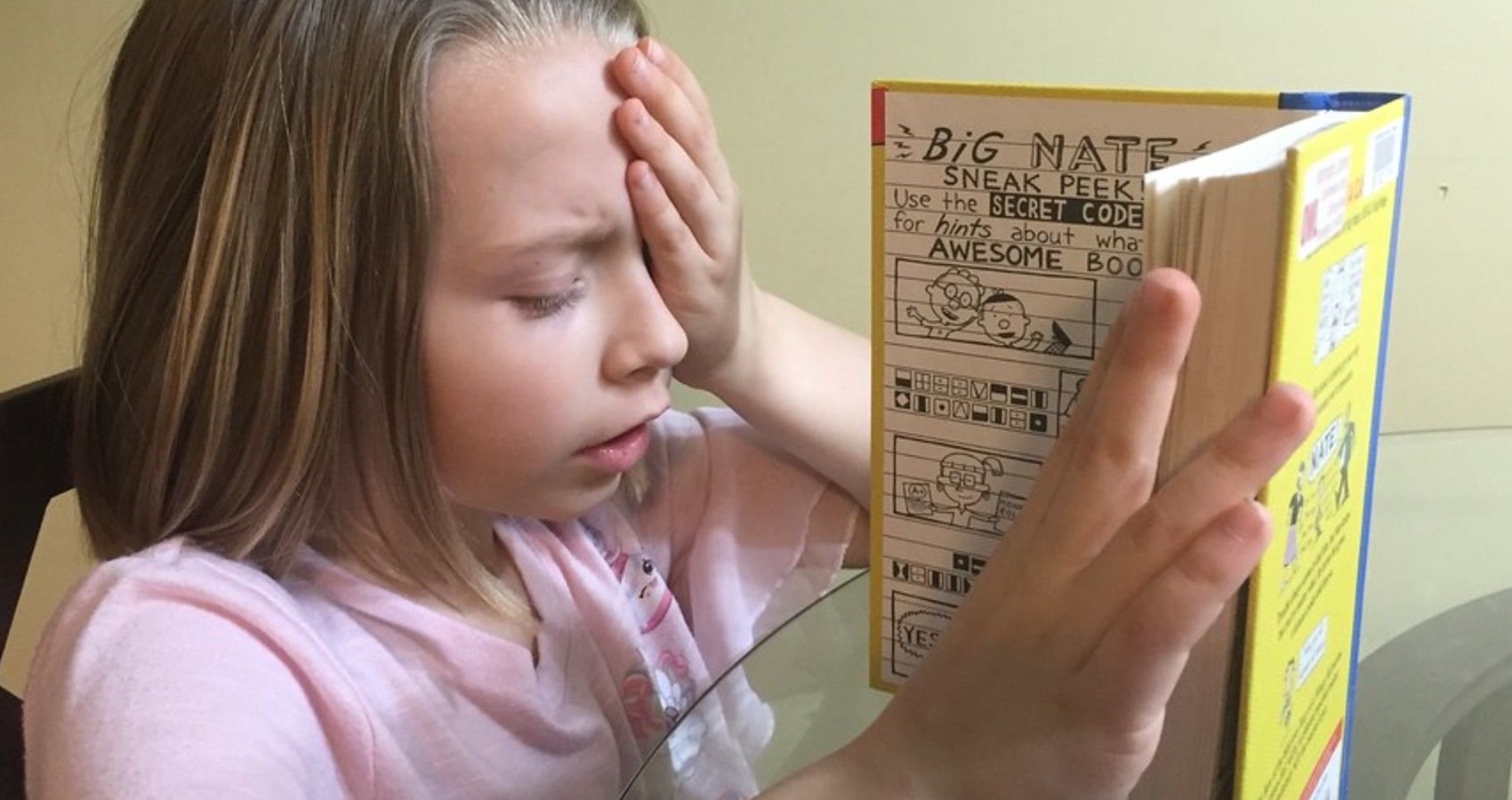When it comes to working with children who are dyslexic, it is not as easy as telling them to “sound it out.” When children are learning to read, a common tactic that is used is telling them to sound out the letters. By sounding out the letters slowly, they can piece together the word and eventually become a pro, and they are on their way to becoming a lover of books and literature, or so parents think. However, children with learning disabilities and dyslexia face different challenges, and it may not be fair to expect the same strategies to work in helping them learn.
According to Study Finds, sounding it out is not easy for children with dyslexia, and it can make learning even harder. When parents and teachers try a tactic that does not work, they can get frustrated which can make a child who is trying to learn feel helpless.
That is because their brain is not wired the same way everyone else’s is, and they physically cannot just ‘sound it out,’ their brain won’t let them. This was discovered through a recent study that was completed by Western’s Brain and Mind Institute and can be read in full here.
When the research team looked at their data, they discovered that there is a biological deficit in a child’s brain with dyslexia. This deficit impairs the ability to sound it out because they are not able to decode words phonologically.
Marc Joanisse was a senior author on the study and he stated that they have a better understanding now of how the developing brain is structured when it comes to reading, language, and math development in children. Their study found that some children with dyslexia were lacking this ability and further steps were needed to help them.
This is why this can be frustrating for children because they physically cannot control it, and parents are asking them to do something that they biologically cannot do. The new study has shown that learning to read involves many regions of the brain, and not just one.
Studies like these are important because they have to understand how the brain works when it comes to reading in an attempt to discover therapy options that will work for children who may struggle with a certain aspect of learning. While the challenge has been made obvious, they are now going to focus their work on strategies that can be successful for children with dyslexia.
Sources: Study Finds, Science Direct

